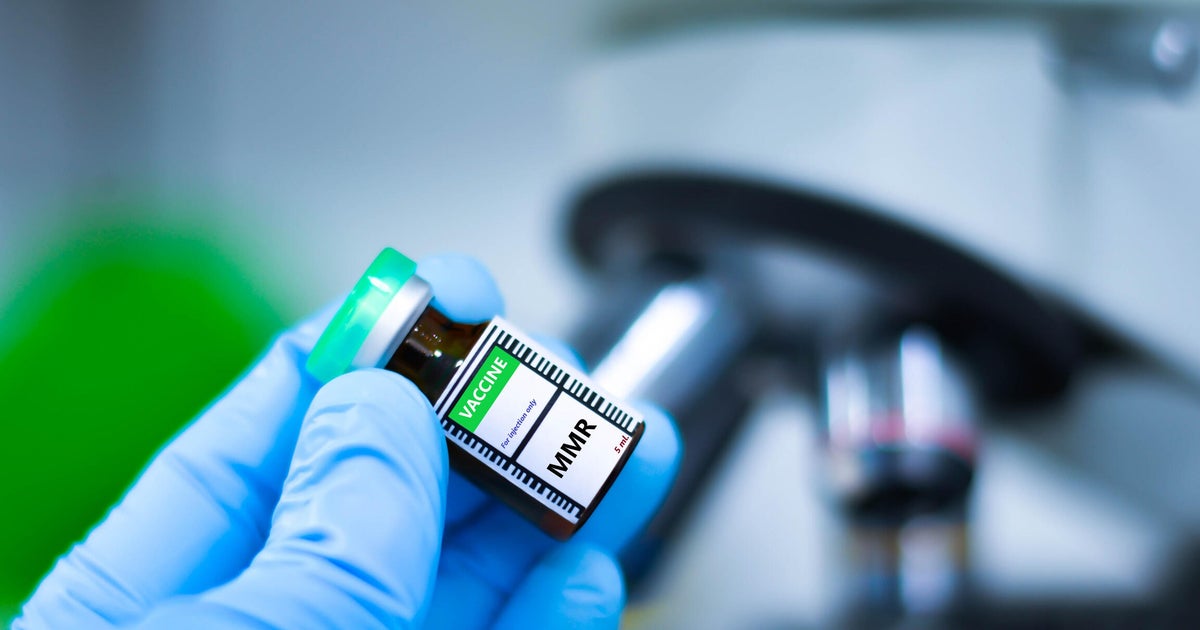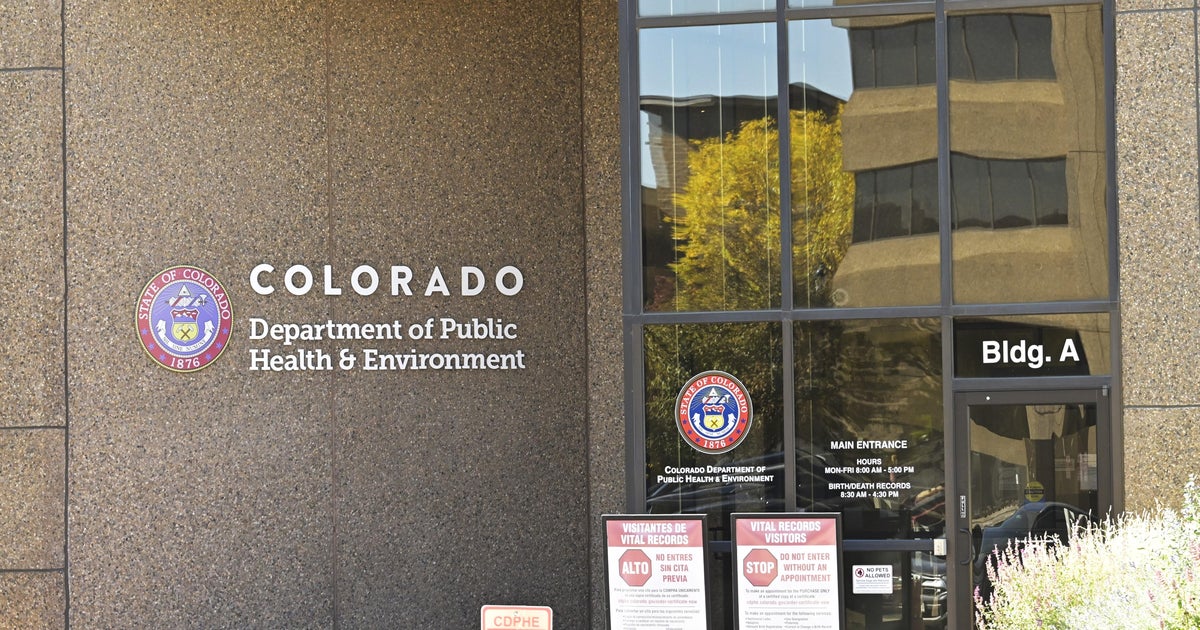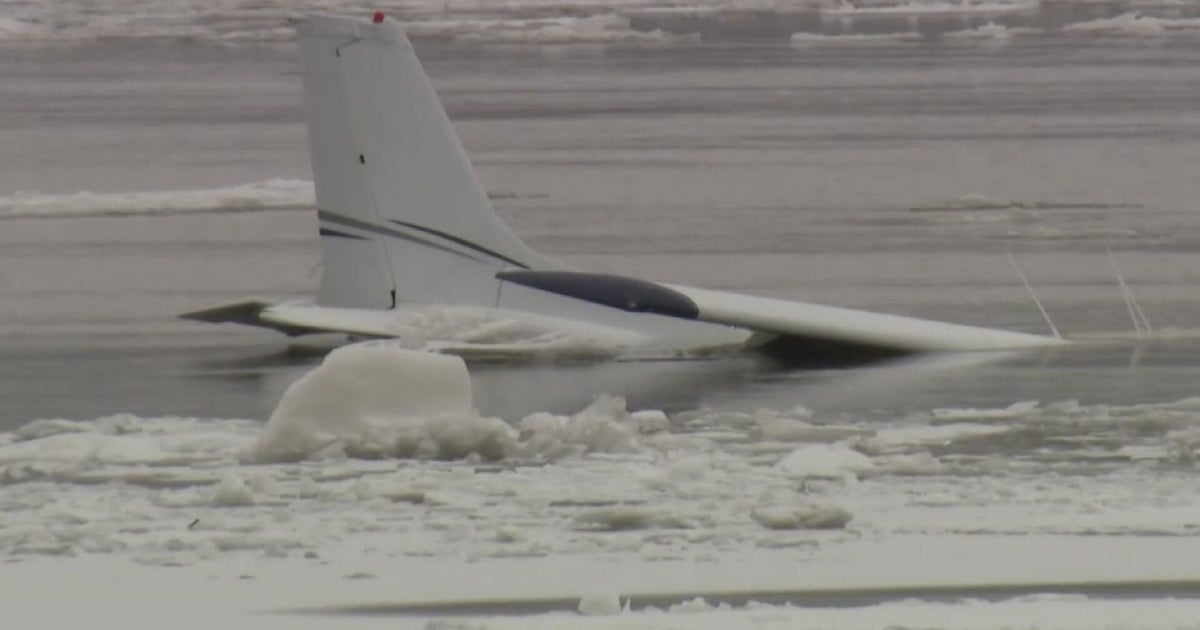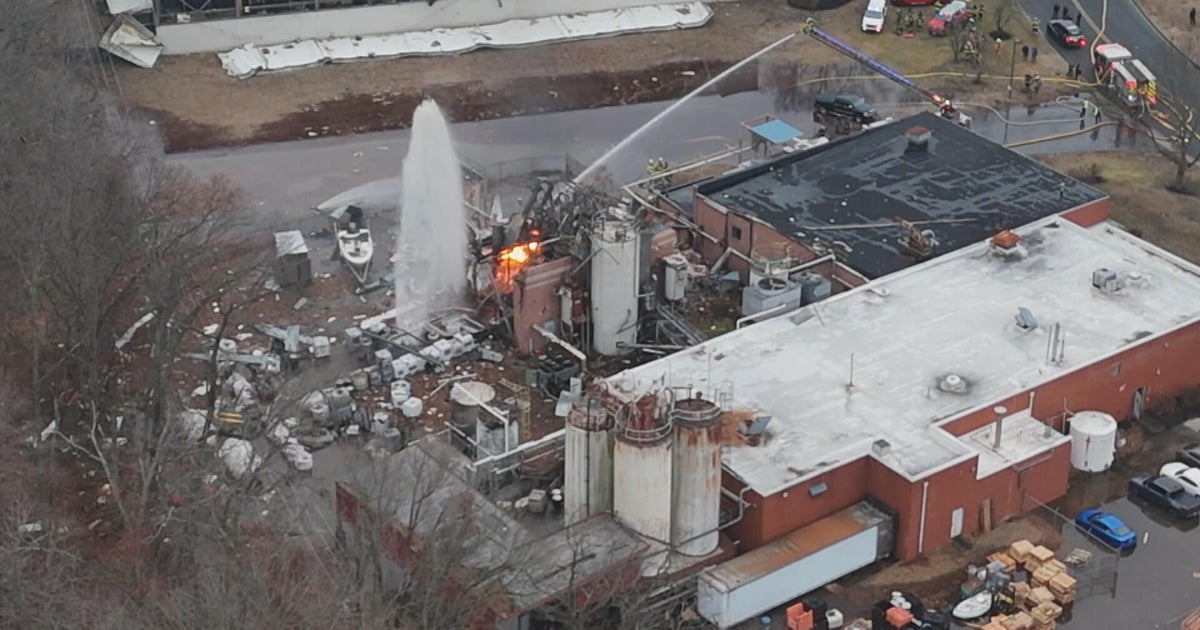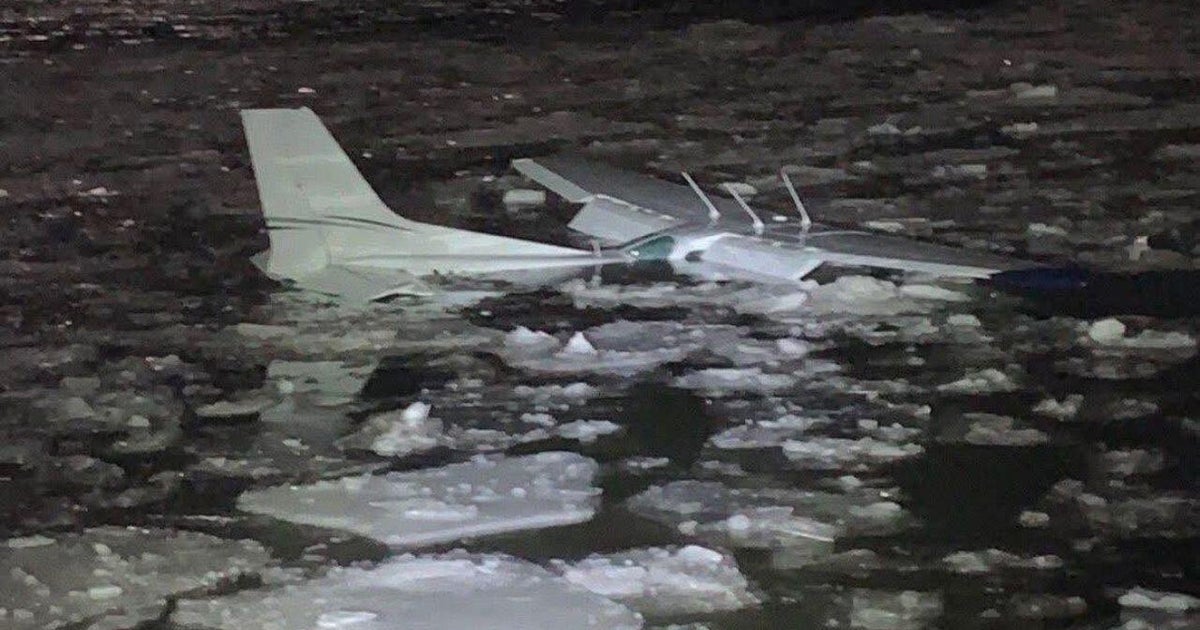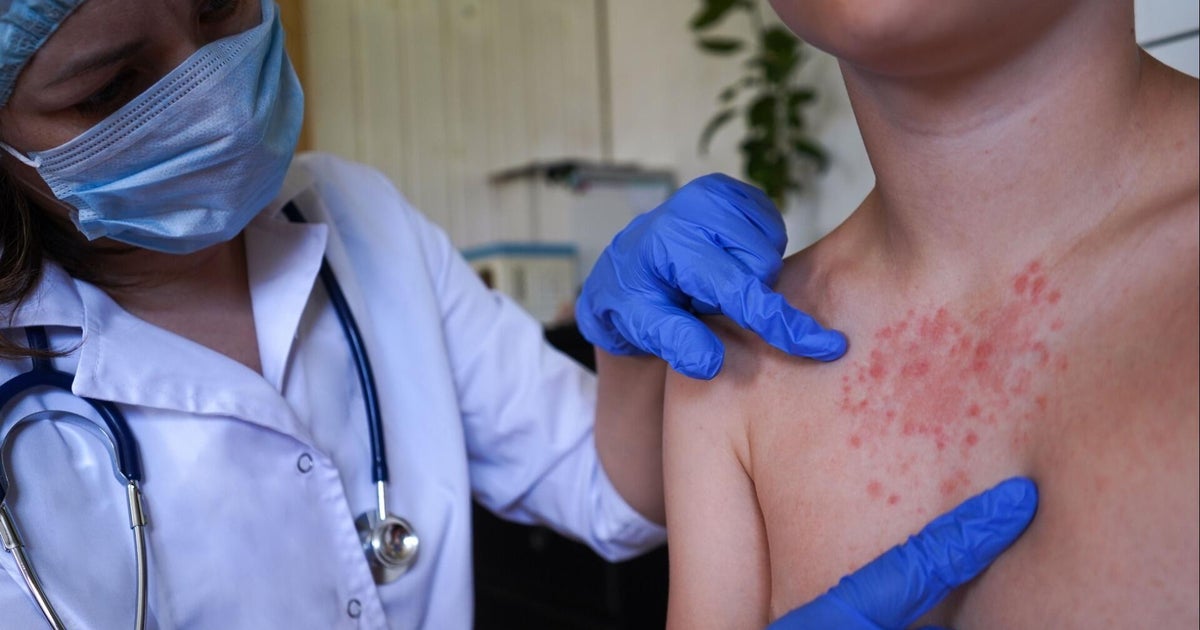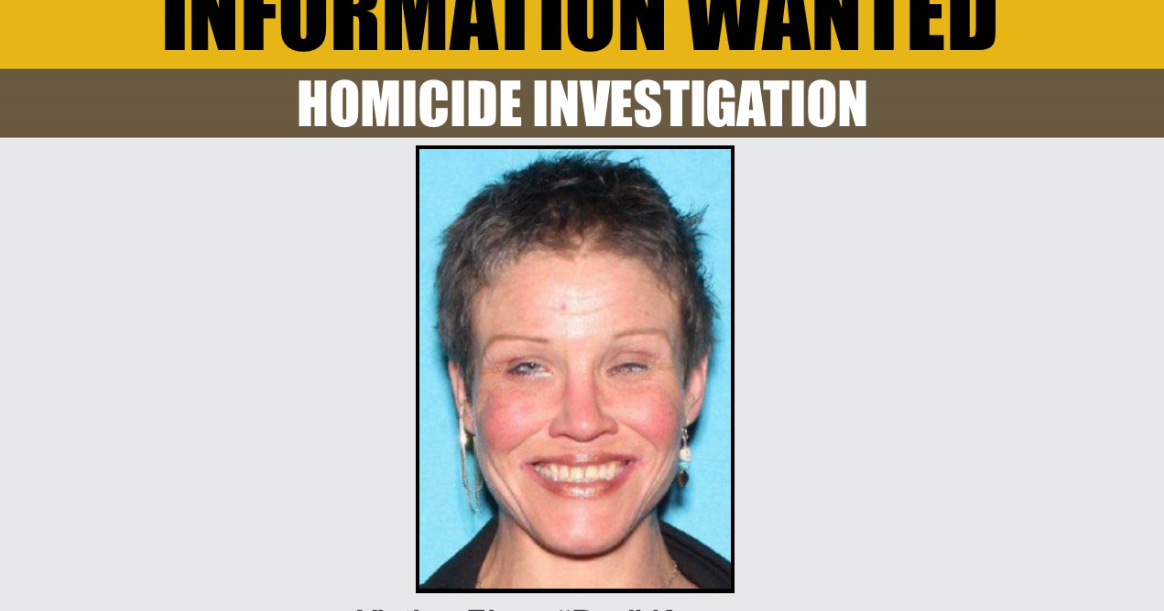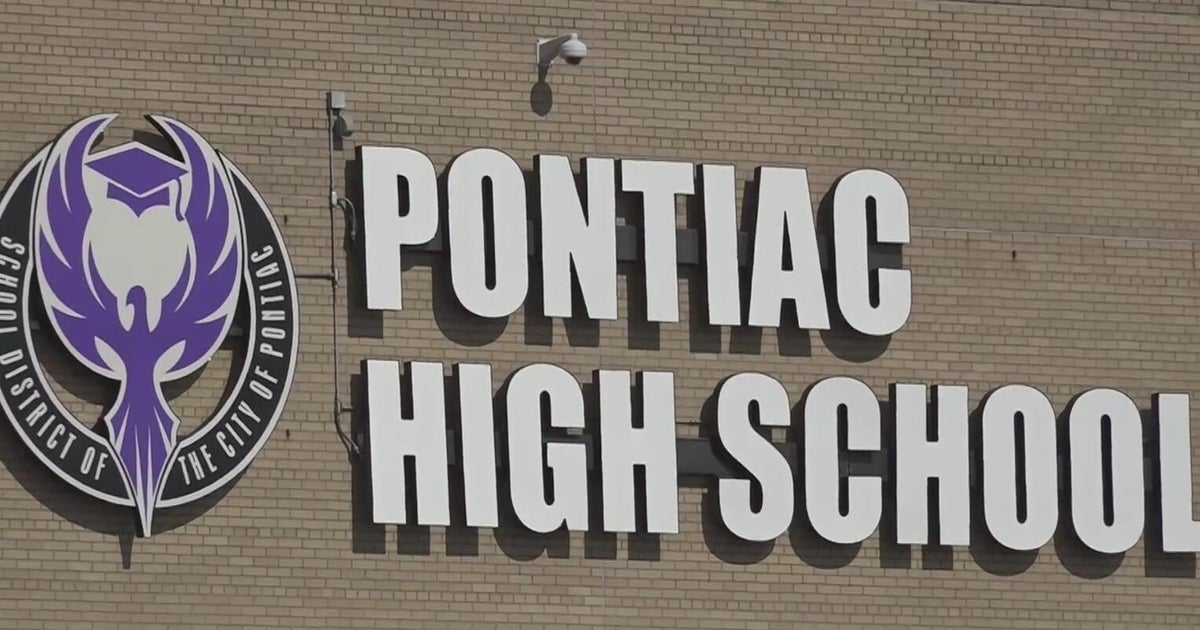LA County devoting emergency resources to distributing monkeypox vaccines, health officials say
Monkeypox has now been declared a national health emergency by the Biden Administration, a move meant to increase production and distribution of vaccines and tests.
For many, however, the rollout has been slow and frustrating.
"It's been a really rough few days for me," said Jeffrey Todd, in a video he posted to social media.
When Todd was first infected with monkeypox, he said he felt very alone. So, he made videos and posted them online, chronicling his ordeal.
"You can see one of my lesions has fallen off," he said in one of the videos.
Todd contracted the virus when few people even knew a monkeypox outbreak had begun.
"I wish this on nobody. I wouldn't wish this on anybody, but I'll get through it," he can be seen saying.
On Thursday, the Biden Administration declared the monkeypox outbreak a national public health emergency, which will unlock extra funding and remove bureaucratic red tape in battling the virus.
"We're prepared to take our response to the next level in addressing this virus, and we urge every American to take monkeypox seriously and to take responsibility to help us tackle this virus," Secretary of Health and Human Services Xavier Becerra said.
Los Angeles County Health Director Dr. Barbara Ferrer said the county was already devoting emergency resources to distributing vaccines, but that demand has far outpaced supply, leading to long lines and a lot of frustration.
"At this moment, the issue on resources is really important," Ferrer said. "I don't want anybody in our community to think that that is the obstacle...it gets to be the obstacle over long periods of time, but right now, we are doing everything that we can to make sure that our response is appropriate and timely."
Monkeypox has mostly infected men who have sex with men, but anyone can catch the virus. It spreads primarily through skin on skin contact.
More than 600,000 vaccine doses have been distributed nationwide and, so far, around 80,000 tests are now available every week.
There are concerns, though, over equitable vaccine and test distribution, said Victoria Kirby York, with the National Black Justice Coalition.
"We know that most Black LGBTQ+ folks don't live in gay-hoods. We live amongst other Black people, and so, if there aren't testing and vaccines set up in majority Black areas, you're not going to reach the Black LGBTQ+ community," York told CBSLA.
Beyond the physical affects of the virus, there are emotional scars as well.
"We're going to need each other to get through this...good luck," Todd said.
Over the last decade, nationwide emergency declarations like this one have previously been made only for the COVID-19 pandemic, the opioid crisis and the zika virus outbreak in 2017.

